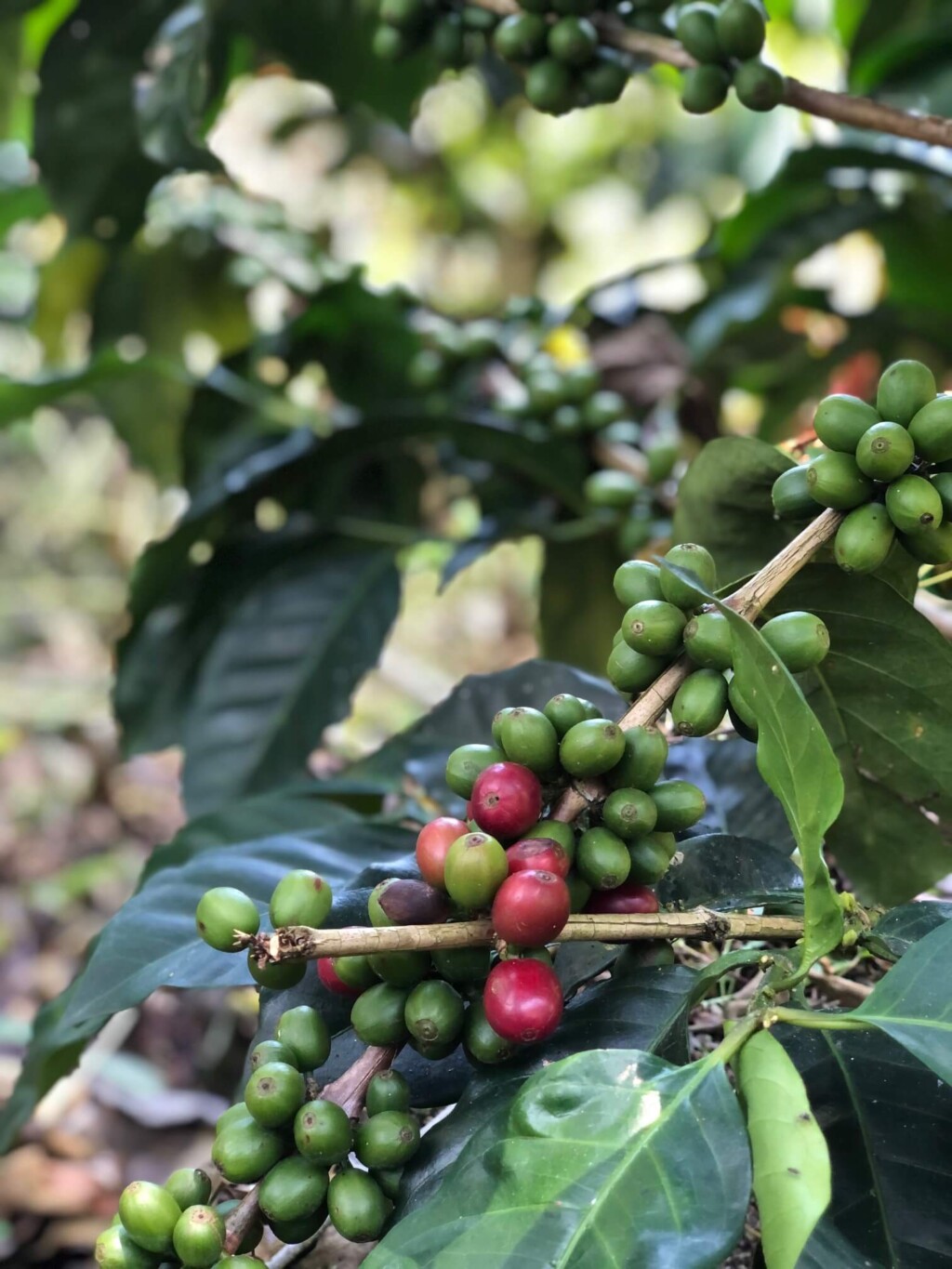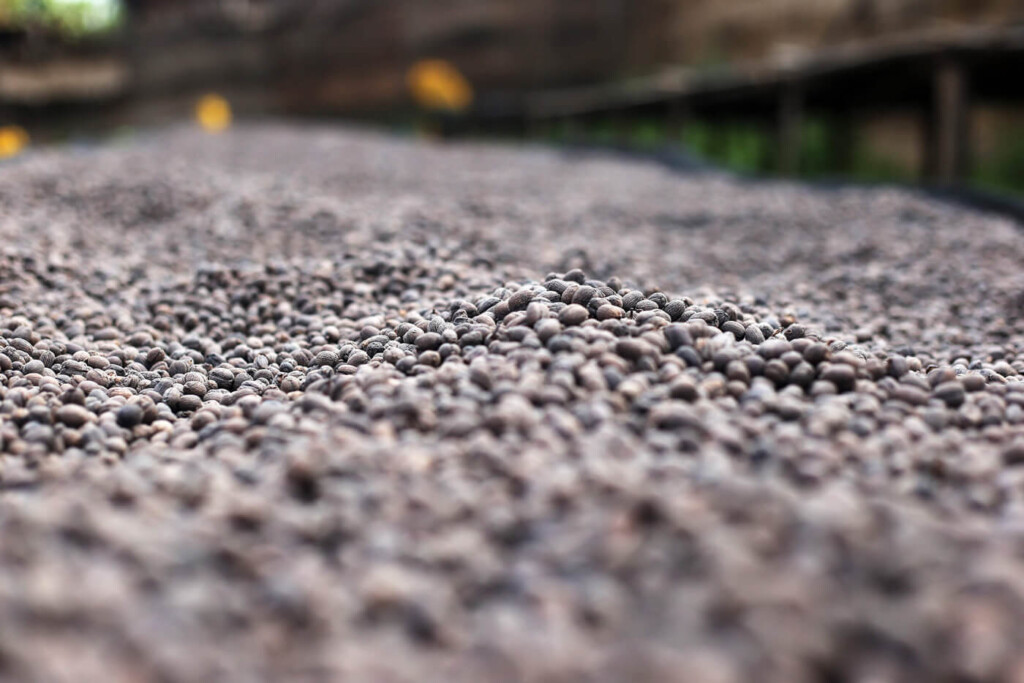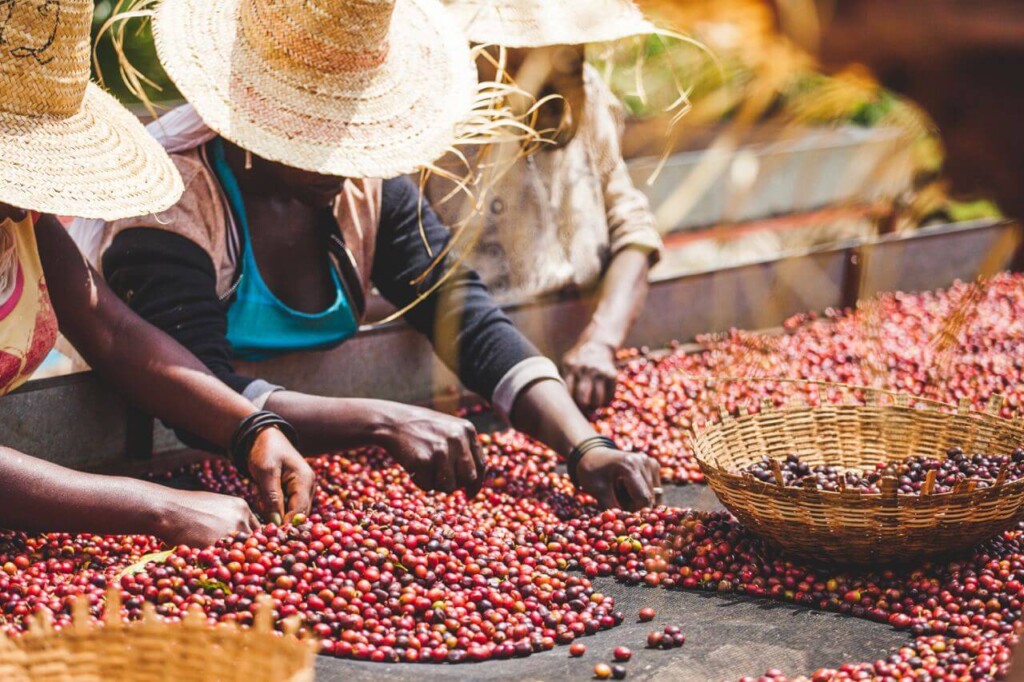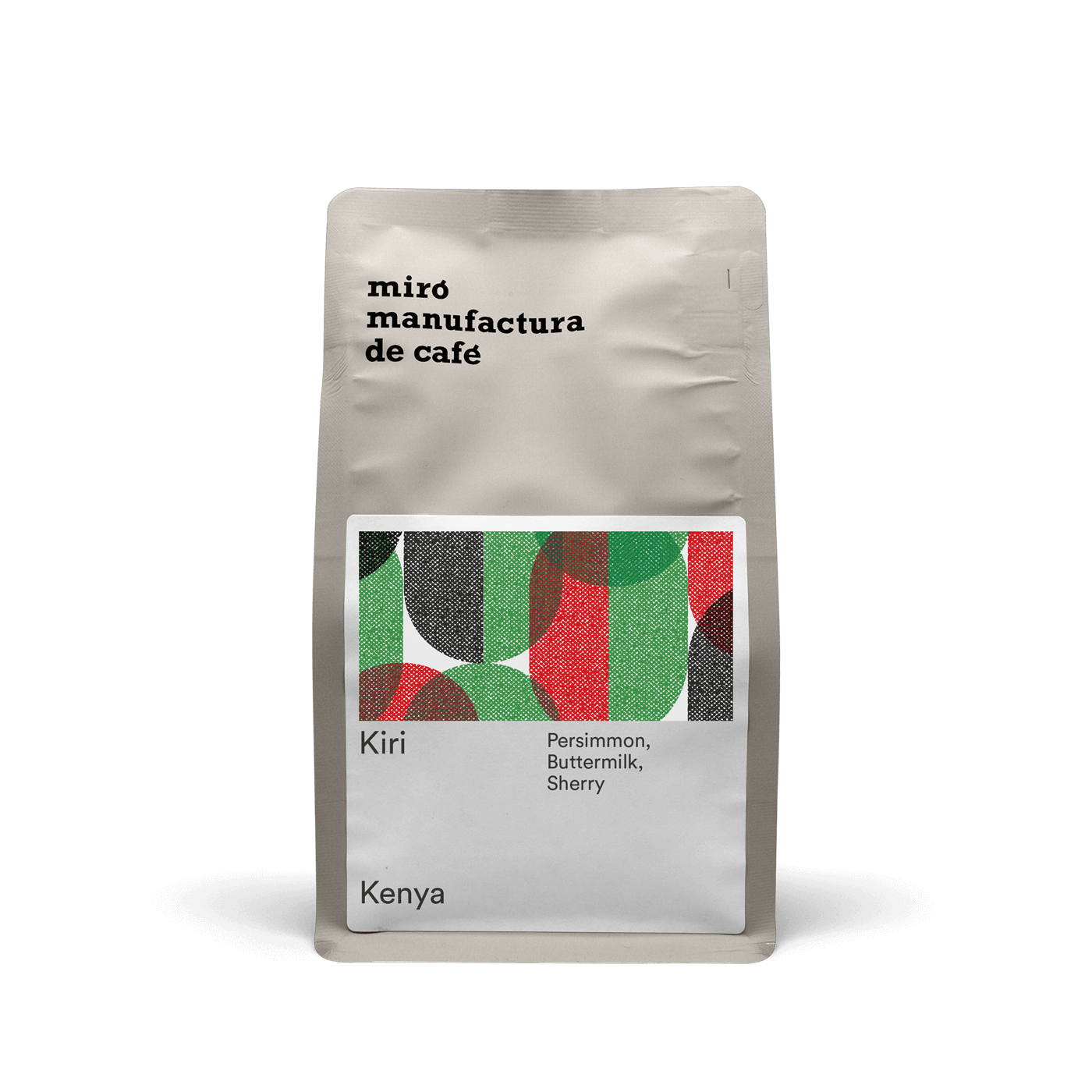Damo
Prune, Butter Fudge, Dark Chocolate
Damo possesses a distinct character, unfolding with a subtle note of prune that seamlessly merges acidity and sweetness. With every sip, a buttery smoothness caresses your palate, offering a delightful mouthfeel. The finish unveils a lingeringsweetness like rich butterfudge, with a clear aftertaste of dark chocolate.
Washing Station Daye Bensa
Region Sidamo, Shanta Golba Mountain
Process Natural
Arabica Varietal Heirloom
Roast profile light
Suited for Filter brews of all kinds
Available sizes:
Damo




About the farm
Damo Station can be found on the slopes of Shanta Golba Mountain; situated in Sidamo Province, southern Ethiopia. Itsources ripe cherries from nearby farms and processes them in a variety of different ways. The station itself provides jobsfor around 100 people and is the main source of income for local farmers during harvest season.
Close to 400 smallholders contributed cherries to this lot, all of whom have farms between 2-5 hectares in size. During the2022-23 harvest season, farmers were paid 70-80 Ethiopian Birr per kilo, with an additional off-season payment of 3-5 Birr per kilo. Daye Bensa (producer & exporter) is very much a community-focused company, working actively toimprove farmer’s living conditions, provide their families with access to healthcare, education and develop transportinfrastructure in nearby villages.
This is a natural process coffee. Cherries are sorted based on quality and density by floating in large water tanks. After floatation, the cherries are then transferred to African raised beds with mesh nets. The coffee is rotated every half hour foreven dryness and to help control fermentation. The average drying time takes about 2 weeks based on the temperature and humidity. The dried cherries are then stored in warehouses for further flavour development.






